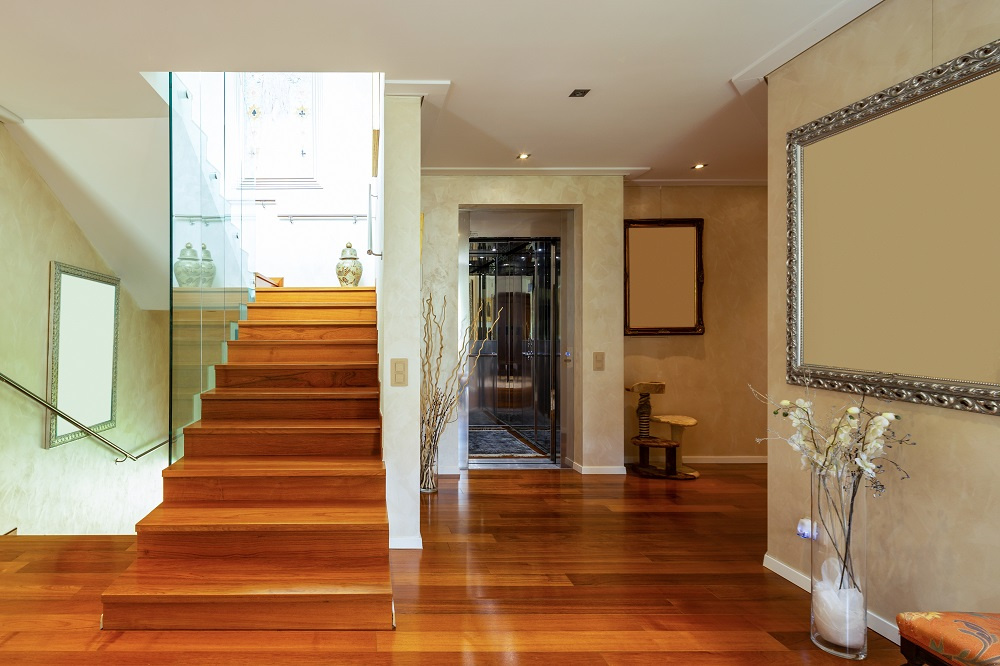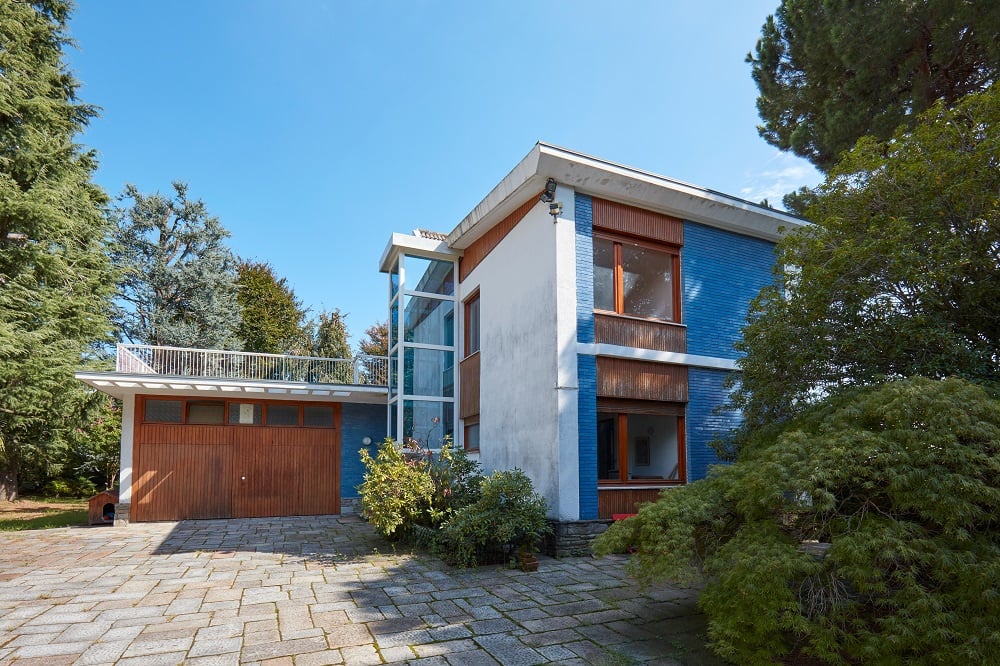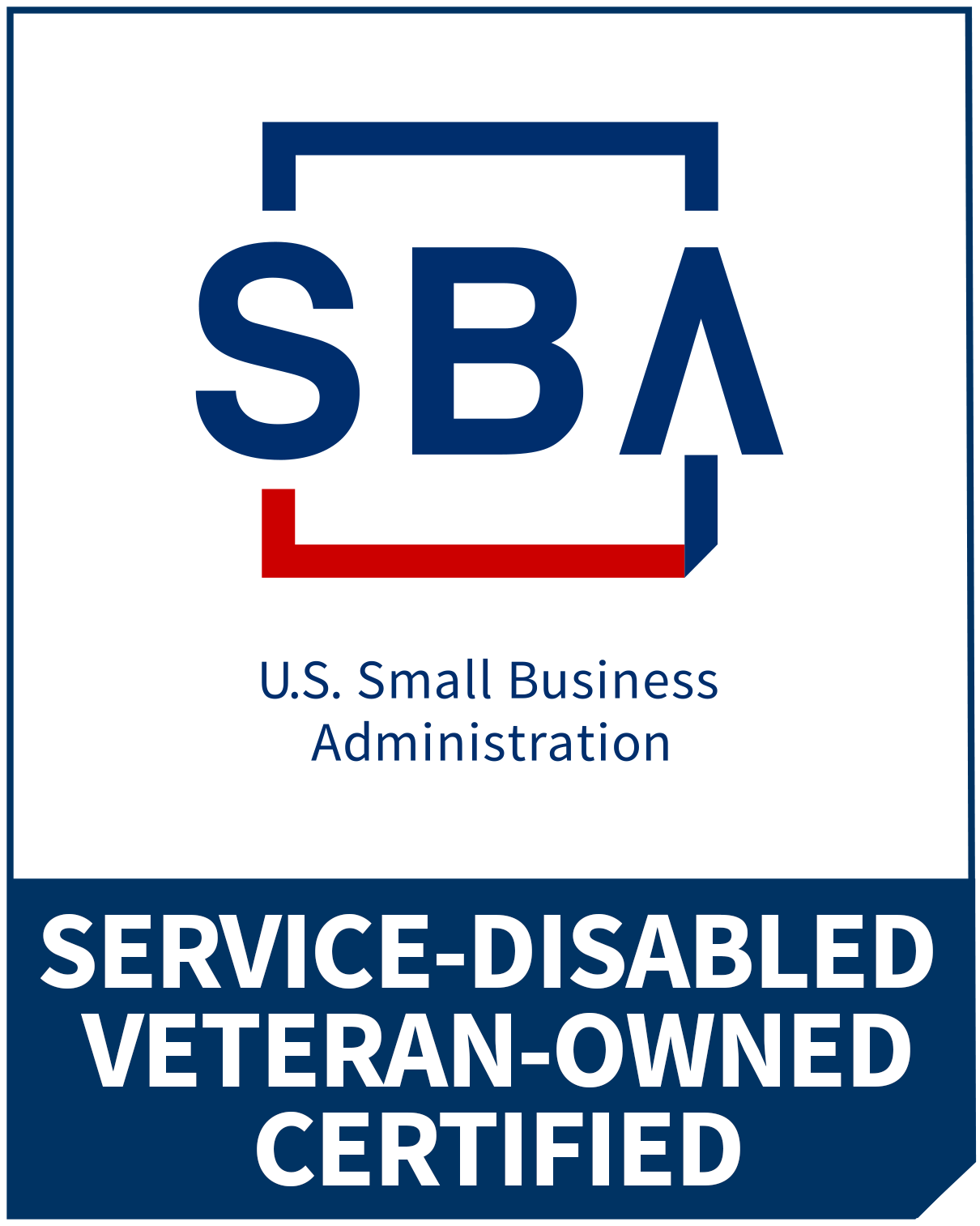Things You Should Know When Considering Elevator Installation
There was a time when a home elevator was considered a luxury amenity reserved for the owners of lavish mansions. However, improvements in technology and the proliferation of residential elevator companies have diminished that perception. More people are installing elevators in their homes to take advantage of the wide array of benefits they offer. The aging baby boomer population has also contributed to the increased popularity of residential elevators; many refuse to surrender their mobility and independence despite advancing age.
 Getting a residential elevator is now as simple as calling one of the residential
Getting a residential elevator is now as simple as calling one of the residential  elevator installation services in Louisiana and beginning the design process. However, for those considering the installation of a home elevator, there are many factors that must be considered before leaping into the project. Factors such as cost, the structure of your home, and the type of elevator that best serves your needs are all important to consider when planning an installation. Keep reading to learn more about the things you should think about when considering home elevator installation.
elevator installation services in Louisiana and beginning the design process. However, for those considering the installation of a home elevator, there are many factors that must be considered before leaping into the project. Factors such as cost, the structure of your home, and the type of elevator that best serves your needs are all important to consider when planning an installation. Keep reading to learn more about the things you should think about when considering home elevator installation.
Understand Your Space
When planning the installation of a residential elevator, it’s important that you think about your space and how that will impact the installation and operation of your lift. For example, the average elevator will need about 25 square feet of interior space, though that figure can differ slightly depending on the size of the lift. There may also need to be additional space dedicated to the machine room that houses the mechanical components of your elevator. Understanding the necessary space for an elevator can help you better plan out its best location in your home.
Types of Elevators for the Home
There are three primary types of elevators that are commonly used for residential purposes. Those three types are pneumatic, traction, and hydraulic elevators. Pneumatic elevators use air pressure in a sealed tube to move the elevator up and down. They represent the most space-efficient style of elevator, but they are limited in lift capacity. Traction elevators ride a rail and are moved by a counterweight. They can be noisy and work more slowly than the other types, but they represent the most affordable style of elevator. They also don’t require a machine room, so they can be easily installed into the existing architecture. Hydraulic elevators take up the most space of the three most common types of lifts. They require a separate machine room to house powerful hydraulic equipment. They’re the most expensive type of elevator, but they’re also the smoothest, fastest, and quietest elevators available for residential use.
 Cost Considerations
Cost Considerations
Though the prices for home elevators differ according to the style and size, there are some ballpark figures you can use to determine how elevator installation will affect your household bottom line. The average two-story home elevator costs around $20,000 for the equipment and an additional $10,000 to $20,000 for installation depending on the degree of work needed to retrofit your home. Additional features, such as elevator car décor, can increase the cost even further. If your elevator will serve more than two floors, expect to pay an additional $2,500 per additional story.
Routine Maintenance
Like any mechanical system in your home, your new residential elevator will need to be serviced regularly to keep it in good working order. Most homeowners with residential elevators will have their lifts serviced once annually to ensure that the system is working properly and to check for signs of excessive wear that could lead to lift component failures. The cost of routine maintenance isn’t exorbitant; it’s less than $200 per year in most cases.
If you want to take advantage of all the benefits that a residential lift can offer to the average homeowner, consider installing an elevator in your home. In the meantime, think about the considerations above when making a decision. To learn more about the things to know when considering elevator installation, contact KN Enterprises at (504) 715-6658.








